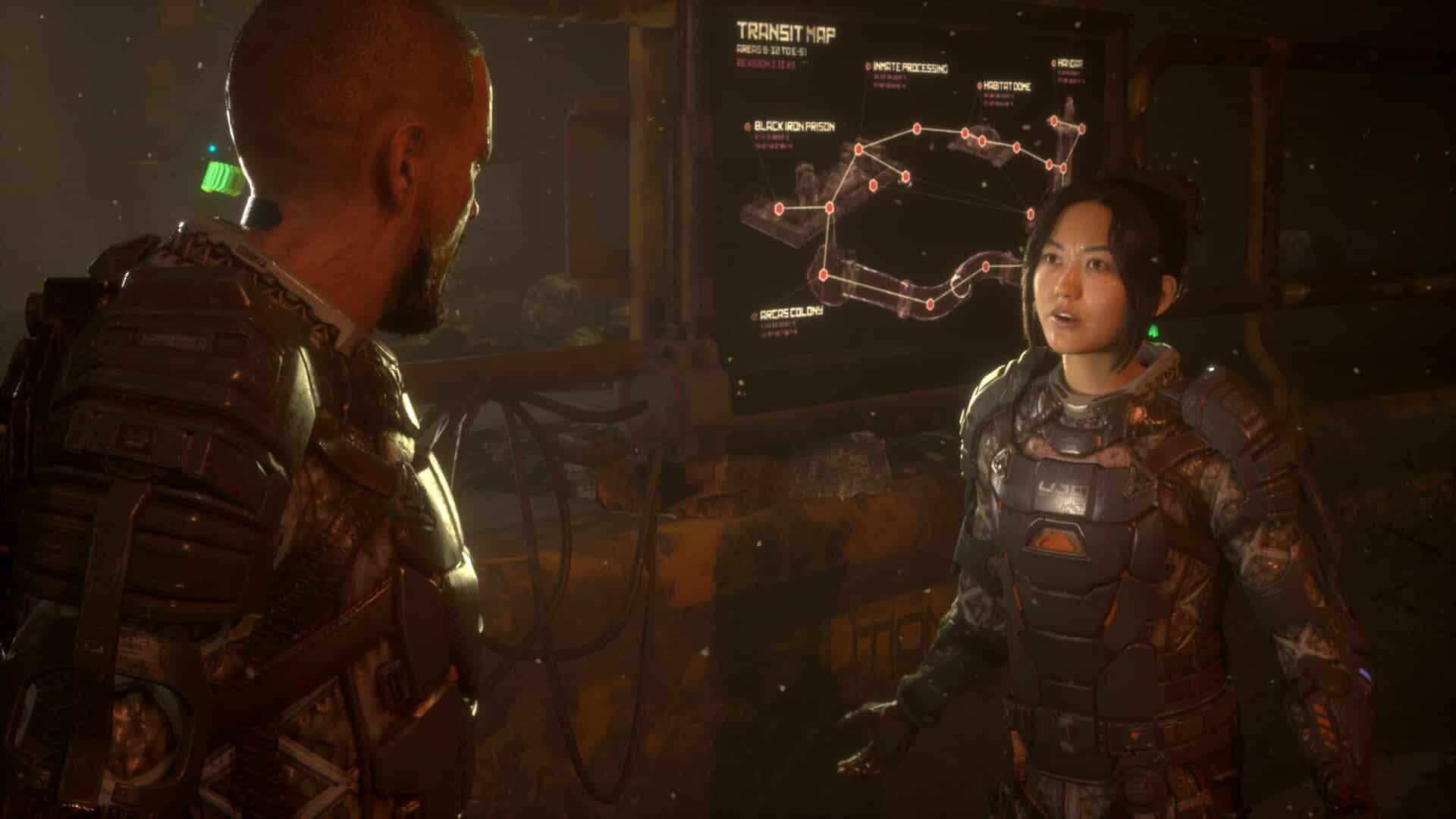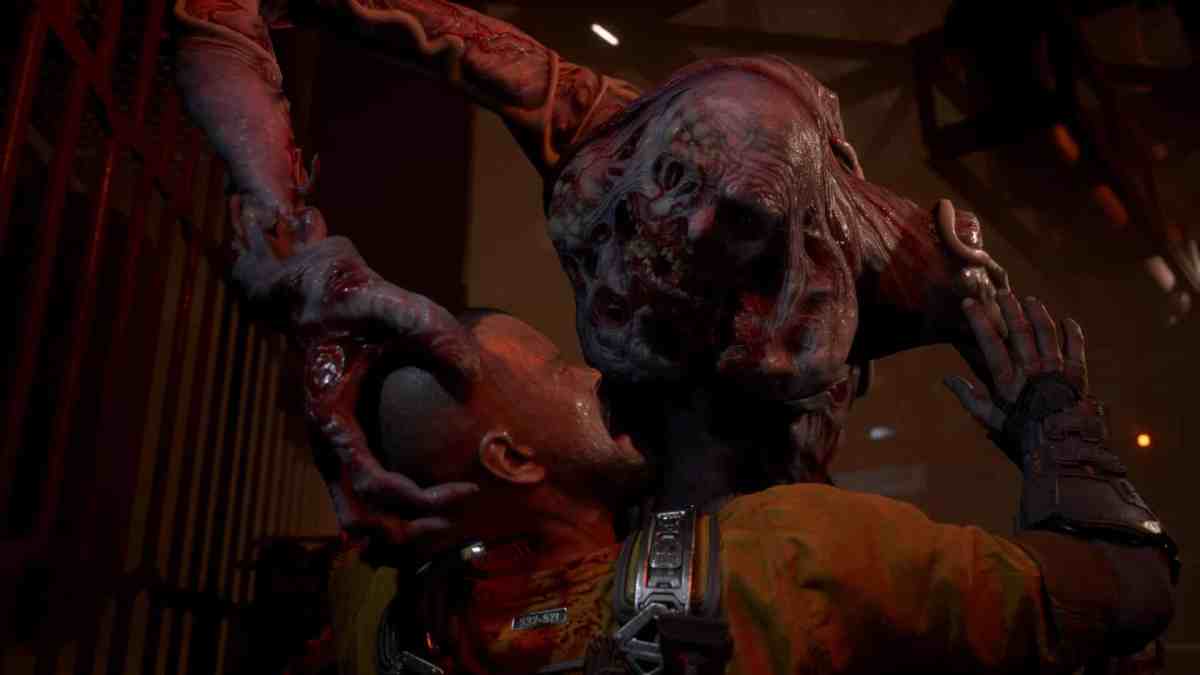The release of The Callisto Protocol has not been without its fair share of issues, with crunch culture and workers’ rights surrounding the discussion of the game ahead of release. But new allegations have come out suggesting that some developers who worked on the title have been left out of the game’s credits.
According to a new report by GamesIndustry.biz, which spoke to five former Striking Distance Studios employees, as many as 20 developers across various departments and roles were omitted from the game’s end credits.
While it’s not an uncommon practice for developers who depart from a studio before a game is shipped to not get a credit, sources say that the studio had no such policy in place during their tenure and didn’t formally communicate this with staff. A lack of credit for work done on a game, particularly a AAA title, can have devastating consequences on developers’ career opportunities in the future.

‘It definitely stings,’ one source told GamesIndustry.biz. ‘I made a good amount of contribution and worked on it [for a length of time]. To not be there at all is shitty.’
Many of the developers told the publication that they had positive experiences working on The Callisto Protocol and left the studio without issue, with their omission from the credits coming as a surprise due to this.
Previous employees are also taking issue with the inconsistent exclusion of developers from the game’s credits, with some former staff credited as ‘additional’ help for their respective departments, some listed as ‘miscellaneous’, while many weren’t noted at all.
The Callisto Protocol was anticipated in the leadup to its release in December 2022, however, the title received mixed reviews from fans and critics. Some called it a derivative entry in the survival horror genre, others called it a spiritual return to Dead Space.
Read: The Callisto Protocol review – We’ve seen this gore before
Striking Distance Studios, founded by former Dead Space director, Glen Schofield, has come under fire previously for the treatment of workers. Schofield was criticised for a tweet in September 2022 that congratulated staff on working long hours and crunching to complete the game in time to ship, before promptly deleting it and issuing an apology.
However, sources told GamesIndustry.biz that long hours remained a key part of the role during their time working on The Callisto Protocol, with some saying that despite repeated promises to address crunch culture, the studio continued to praise those that worked long hours, sometimes in the same meetings.
One developer told the publication that the team ‘worked intensely to help craft this product.’ They say working 12-15 hour days only to be ‘punished with a credit omission for not going the extra mile…to stay until it shipped,’ felt like rubbing salt into the wound.
The games industry has grappled with discussions around crediting former employees for decades with titles like Metroid Dread and Grand Theft Auto V. The International Game Developers Association crediting standards recommend crediting any member of the team who worked on the game for at least 30 days, announcing a plan in August 2022 to try and standardise how developers are credited and encourage the use of tools that would allow credits to be updated easily.
While IGDA and many inside the industry are working to improve the issue of crediting, The Callisto Protocol isn’t the first and surely won’t be the last to contribute to this industry-wide issue. Striking Distance has yet to respond to requests to comment from GameIndustry.biz on the situation.





